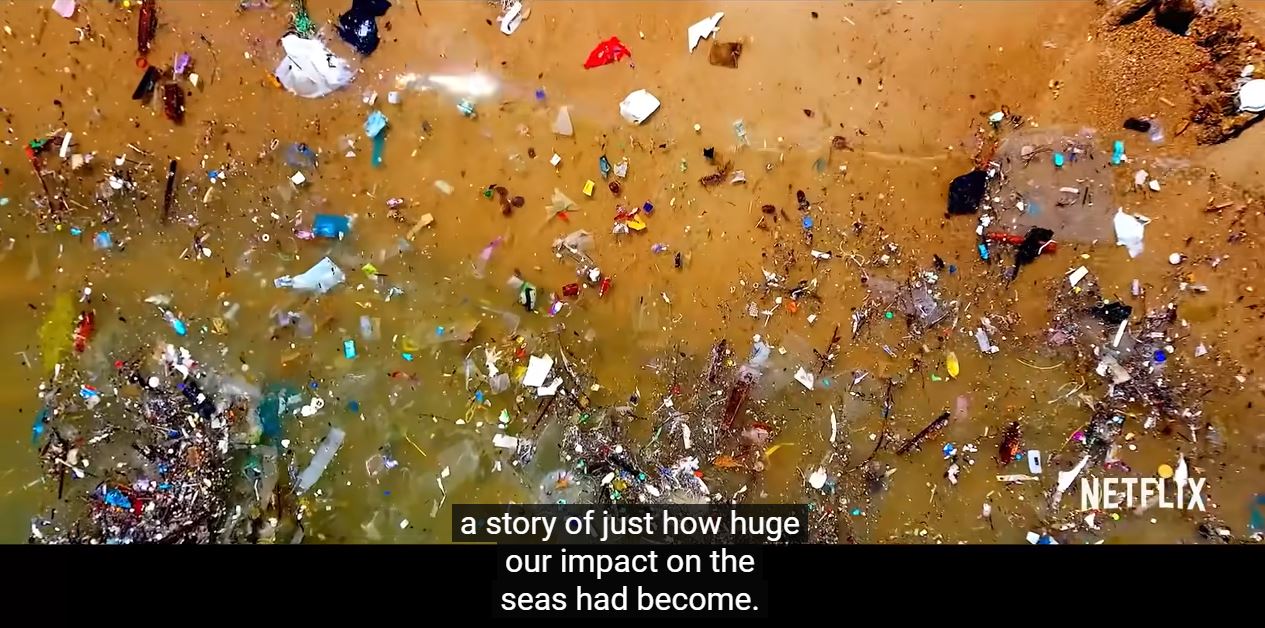Netflix faces the issue of plastic… in an original way
With the documentary "Seaspiracy", Netflix shifts the debate on ocean plastic by documenting how overfishing is a much worse danger to marine life (but it does not receive the same media attack).
The documentary proposes the hypothesis (not remote at all) that the media (some companies and political economies behind them) are manipulating public opinion towards packaging to shift purchasing habits.
The term "sustainability" has been deliberately turned into a very vague concept, which allows many to boast of it even without valid reasons.
Seaspiracy is important for brands to understand how consumer opinion is developing towards plastic materials and their use. The point of view of Ali Tabrizi, British director of Seaspiracy, invites to a serious reflection on how sustainability is discussed, in particular with regard to plastics.
The documentary begins with the overall goal of discovering the extent of plastic waste in the world's oceans and its impact on the environment. It soon turns out revealing that plastic waste in waterways is the tip of the iceberg of the problem. The documentary suggests that intensive fishing and its devastating ecological impact are a far more damaging problem for marine life.
The challenge to sustainability is much more complex. No one, of course, suggests that microplastics and plastic waste aren't a big deal. However, context-based priority is important.
The technology behind today's plastic packaging supply chain, from substrate and manufacturing techniques to global logistics, has come a long way in a short space of time.
Lightweight (which float in case of incorrect disposal), recyclable, biodegradable and compostable materials are becoming more and more common.
Seaspiracy points out that plastic packaging is not necessarily the Bogeyman as it is often painted. Once again, we must provide consumers with factual and in-depth information that fosters a true and constructive dialogue. Packaging is not the key global waste problem, but a symptom of a take-make-waste society in need of fixes.
It is therefore important to continue to progress in the development of more sustainable plastic packaging solutions, without losing all the intrinsic advantages that plastic brings to the protection and conservation of goods (especially food).
